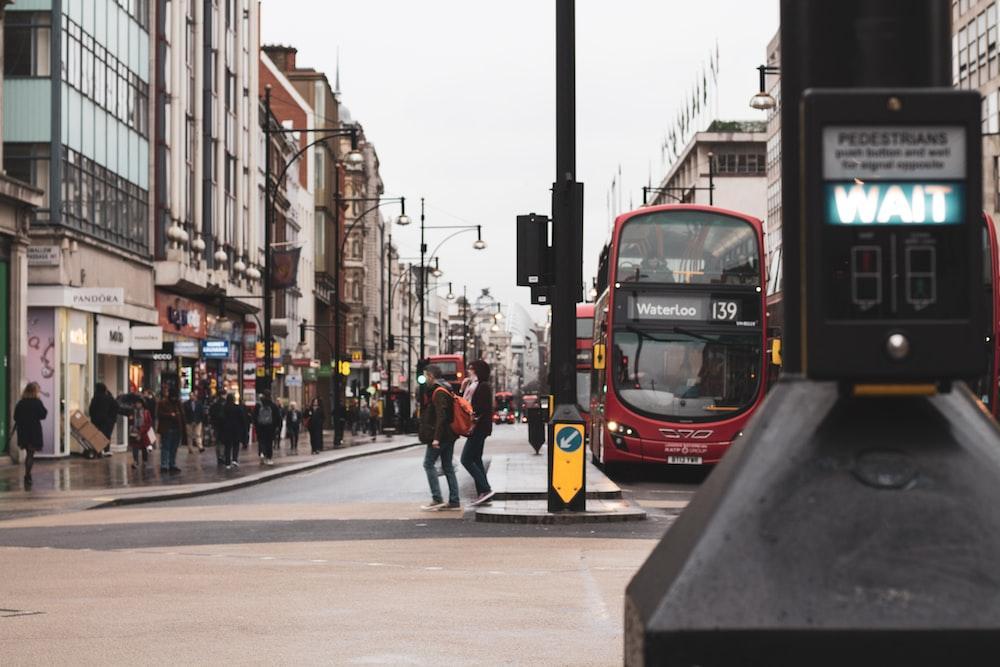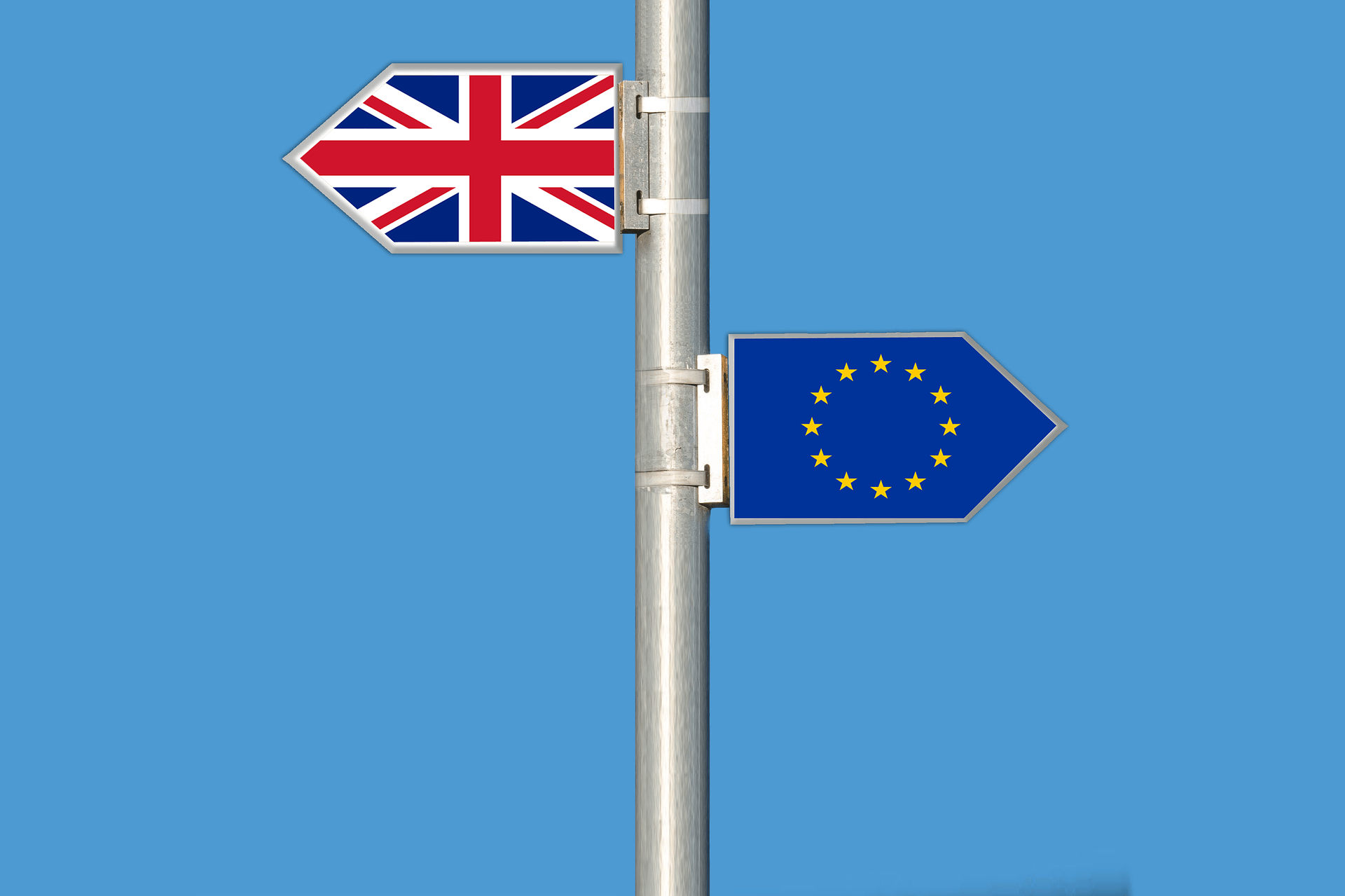January 31st 2020. Today is Brexit Day, and with less than an hour to go until the appointed hour — midnight on mainland Europe (where I live), and 23:00 in the UK — I sit here with my glass of chilled fizz, ready to mark the moment. The finest Champagne?
Sadly, no. I’ve been in alcohol-free mode for a few weeks, and not even the splintering of a continent justifies the end of my health drive. In any case, I need to be in peak condition for the challenges of the new world ahead.
Some will say that sipping water instead of Champagne is a fine metaphor for Brexit itself — that the British are swapping the tastiest EU banquet for the crumbs of a friendless future. Others believe the opposite: that it’s our chance to re-engage with the wider world and rediscover some national self-confidence. The probable truth is that both of these visions are too simplistic: none of us knows exactly how our story will evolve. The fatalists who warn that leaving the European Union means we must be drifting towards some deadly economic whirlpool are forgetting that all of us — Brits and EU alike — are the joint authors of our own futures. Whether we vanish into that vortex to hell, or choose to calmly fix a new sail and glide on past the worst of the hazards, isn’t a matter of luck. It’s up to all of us to write our own history together.
Perhaps I’m complacent, or too optimistic by nature, but I’ve always sensed that the negative consequences of leaving the EU (and there will be some) will turn out to be much less serious than some claim. After all, the great majority of nations on earth are not in the EU or any other close political, economic and judicial union with all of their neighbours. It doesn’t happen in South America or Africa or Asia, where we have similar clusters. Trading agreements exist, but somehow they’ve not bothered with the parliament and single currency and overarching legal authority. They’ve not even been tempted by the flag and anthem that were felt necessary here. Europe may be a special case. After two catastrophic world wars, we had compelling reasons to create closer continental bonds.
I’m happy with that: no sane person will argue against the value of neighbourly friendship, cooperation and consensus. But suppose I rather like the idea of my country being an independent nation state, as well as one that enjoys friendly ties with its neighbours? Is that such a wild aspiration? Apparently it is, even though almost every country on the planet outside the EU has opted for exactly this arrangement. An indifference to the institution of the EU is often deliberately mistranslated as hostility towards EU citizens and EU countries.
I feel none of those things. But the modern world has a lazy way of labelling people, and apparently I must be a racist and a xenophobe.
The truth is that I’m a proud European, and always will be. Whatever we think of the grey-suited EU Commission, and other temporary national leaders, bobbing and dipping with the Zeitgeist, like empty wooden crates marked PROMISES, tossed and blown on the ocean of events, my status as a European is fixed not by them, but by the gods of geography. Yet people on both sides still talk of us ‘leaving Europe’, as if Britain is to be dragged away and dumped in the middle of the Atlantic, like a rusty old trawler that no one wants any more.
And so, without guilt, I declare myself to be both a ‘Brexiteer’ and a total Europhile, hopelessly in love with my continent. Switzerland, where I’ve been fortunate to live for nearly ten years, is at the very heart of the action. I’m just one hour’s drive from the borders with
Germany, France and Austria, and 90 minutes from Italy. When I return permanently to the UK, I’ll miss my regular trips to Germany to watch Bundesliga Fussball, and the chance to pop across the French border to do a month’s shopping for half the cost of my local Swiss supermarket. Most of all, I’ll miss my friends — nearly all of them non-British. So please folks, less of the “racist” stuff. Thanks. Despite all of that, yes, I voted Leave in the referendum. Would I do so again? If it was a second referendum to confirm the first, yes I would. No hesitation. But if I was transported back in time to 2016, knowing how much ideological bitterness and stupidity the result would release on both sides of the UK argument, and on both sides of the Channel? Maybe not. It’s been too emotional and too divisive.
Britain might have been less miserable had it drifted onwards, melting into just another anonymous spoonful of the amorphous EU porridge of nations. The narrow UK vote for Brexit could have been avoided. Just two days before the referendum, as most people of us were becoming comfortably embedded in our referendum decision, Der Spiegel issued a superb editorial in which it implored the British: Please don’t go.

It came a few days after another German appeal, this time a poster campaign with the plaintive message: “We’ll miss you if you go”. How typically charming and wise of the Germans to see that an emotional appeal was more likely to work than resentment and grumpy threats. When I heard this German Herzensschrei, I could feel my resolve crumbling — and that of the nation around.
Or some of it, at least. But then, almost immediately, other sour-faced EU politicians lined up denounce the UK for even holding a referendum, and warning us not to upset the apple cart. And so our determination hardened again, and the chance was lost.
It’s all academic now — water under the bridge. And speaking of water, the clock chimed midnight a couple of hours ago, and I took a big gulp as we left the EU. What’s done is done, and let’s all make the best of it. Here’s to a great future for all of us — Brits and EU citizens alike. And long may we stay the best of mates. We don’t need a parliament for that.
CORRECTION: The narrow UK vote for Brexit could have been avoided. Just two days before the referendum, as most people of us were becoming comfortably embedded in our voting decision.
This post was written by Andy Lynam
31.01.2020

